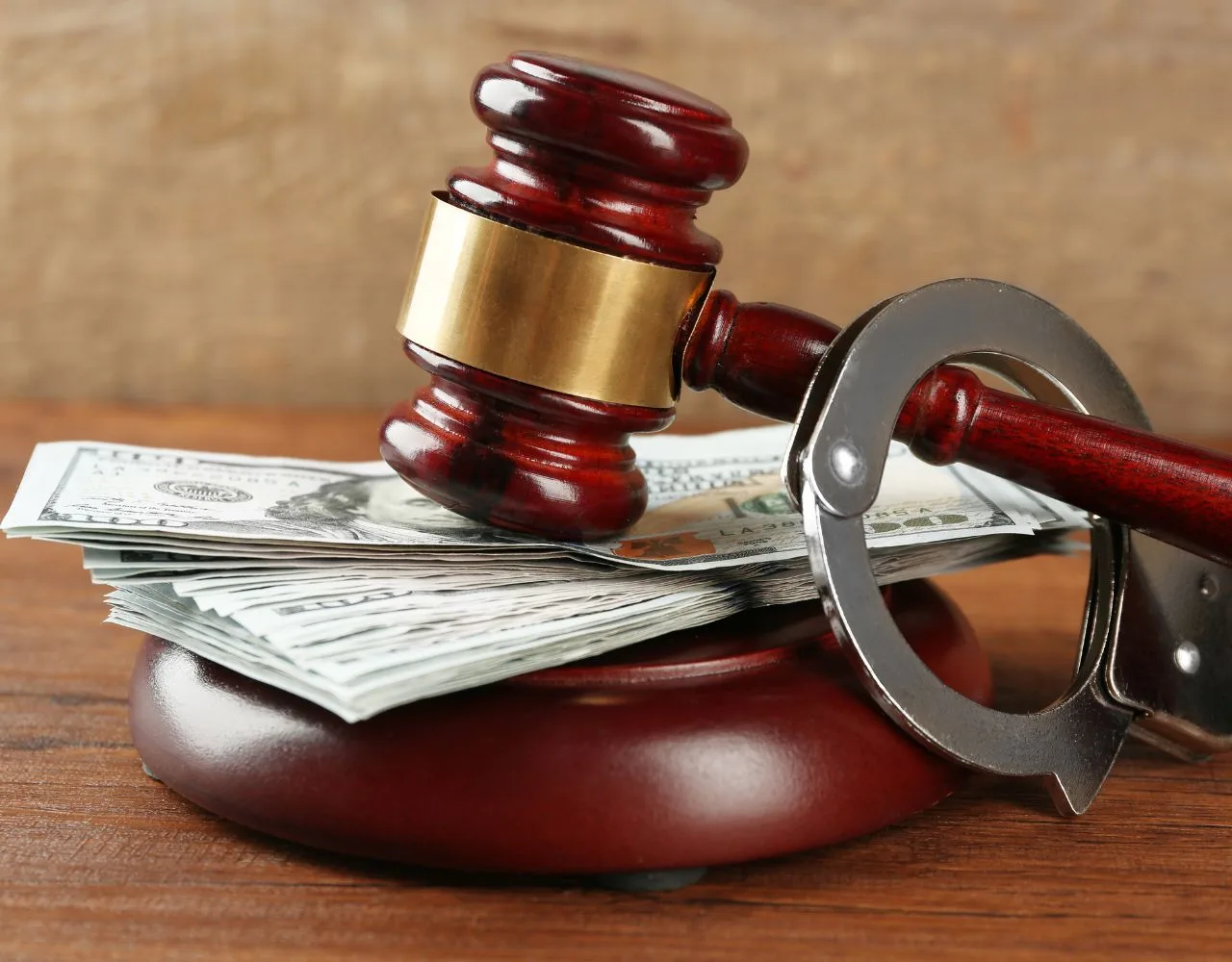Shoplifting is a petty crime and could get you some jail time. South Carolina takes these theft charges seriously. We all know what stealing means. Most people think that stealing and shoplifting are the same things, but they aren’t. Under South Carolina’s laws, the word "thefts" refers to actions taken against merchants or businesses. In order to commit a crime, the person must take something from the place where it was sold or bought.
Taking money out of someone else’s wallet or pocket is considered shoplifting. Concealment of merchandise is also considered shoplifting. However, if the thief takes only one piece of merchandise and puts it into his own bag or purse, he may not be charged with shoplifting. If you’ve been charged with shoplifting, it may be in your best interest to contact an experienced Greenville theft lawyer today.
Shoplifting Laws in South Carolina
Shoplifting has a very broad definition in South Carolina’s law. It is a crime that may be committed by doing such activities as taking items from a store, removing or altering price tags, or even transferring merchandise from one container to another if the act was meant to deprive the merchant of the product and without paying the full price of the item. In South Carolina, anyone who conceals merchandise that hasn’t been purchased may be presumed to be shoplifting.

These studies found no correlation between changes in state theft laws and reductions in overall crime rates. However, they did find correlations between increases in high-dollar threshold levels and decreases in both burglary and auto theft rates. Shoplifters may be charged under one of three different statutes depending on their actions in South Carolina’s law. Buying items without intending to pay for them.
Changing the label or price tags on merchandise. Putting an item into a container of less expensive items. If a salesperson at a retail establishment notices you behaving oddly, they might think you’re attempting to steal something from them and call the police.
Criminal Penalties for Shoplifting
A person accused of shoplifting faces both civil and criminal consequences. Civil consequences include monetary damages, mandatory training courses, and possible jail sentences. Criminal consequences include prison sentences and hefty financial punishments. When a person is accused of shoplifting, the owner of the store where the theft occurred can sue them civilly in state court. The plaintiff could seek compensation for any lost property, including the cost of replacing the item(s) that were taken.

Alternatively, if the plaintiff does not wish to pursue legal action against the defendant, he or she could choose to accept an out-of-court settlement. In criminal court, a judge determines the appropriate punishment for the crime. Depending upon the severity of the offense, the offender might receive probation, community service, or incarceration. The penalties in South Carolina are:
1. Total Shoplifting Merchandise Value > $2000 – A felony charge, which carries penalties including prison sentences and hefty monetary penalties, may be imposed if the total value of the merchandise exceeds $2,000. You can spend up to 30 days in jail. This is considered petty theft.
2. If the total value of the shoplifting merchandise items is between $2,000 and $10,000, then the crime is classified as a misdemeanor. However, if the total value of the items stolen is greater than $10,000, the crime is considered a felony. Regardless of whether the offense is classified as a shoplifting merchandise misdemeanor or felony, the criminal penalties for both offenses include up to one year in county jail and/or a fine of up to $1,000.
3. A misdemeanor carries a maximum fine of $10,000 but may be punishable by up to a jail time of 10 years imprisonment.
Does Shoplifting Stay on Your Record?
These beliefs will be revealed during your background check and could damage your good name, so you need an experienced criminal lawyer to help you deal with them. Records should clear after 7 years as long as there are no other crimes that are committed.
What Does a Conviction for Shoplifting Charges Require?
Shoplifts are among the most common crimes in South Carolina. With the help of in-shop cameras, they’re often caught before they leave the premises. And because attempted shoplifting and actual shoplifting are treated the same, there’s a high chance of catching them.
1. Takes/carries away, transfers from one place to another, or from one area of the store to another, or causes to be carried away or transported any goods with the intent of depriving the owner of their property without payment.
2. If you remove any labels from items, transfer prices between people, or attempt to buy an item for less than its full retail price, you’re committing fraud.
3. A shoplifter steals merchandise from a store by transferring it from one shopping bag to another without paying for it.

When you’re charged with shoplifting, the prosecution has to prove that you intended to steal something from the store. To be convicted of theft, the prosecution must show that the defendant intended to deprive the owner of his property permanently. This requires showing that the defendant acted with the intent to steal. If you willfully conceal unpurchased merchandise (like hiding it in your purse), then the court can presume that you intended to steal it.
Miranda warnings are always necessary during the event of an arrest but not unless they are simply questioning you. Even if you’ve made incriminatory statements, you should talk to an experienced criminal lawyer about your case. The judge who presides over the case has a range from which he or she may choose.
Related Content: Understanding Your Fourth Amendment Right
Can Shoplifting Charges be Dropped?
Pretrial diversion may allow some individuals accused of low-level or minor offenses a chance to avoid criminal charges by completing certain requirements. For example, if you’ve been charged with shoplifting and are able and willing to pay back the store for any items you stole, you may qualify for pretrial diversion. You must meet these requirements before the case goes to trial.
If you’re not eligible for diversion programs and pre-trial intervention, you might be able to negotiate a plea deal that includes pleading guilty in exchange for a lighter sentence or a less serious charge. A good criminal defense lawyer will help the charges be dropped.
If you need help understanding the penalties of shoplifting, contact a criminal defense attorney at Touma Law Group. For a free consultation call [(864)618-2323](tel: (864)618-2323) today!


